My new book on the atonement is almost out! One week to go…
I have about 30 people reading through portions of my book on the atonement right now. So far, the feedback has been encouraging. Nobody has the whole book (except my wife) and everybody who has read portions of it says they cannot wait to read the rest.
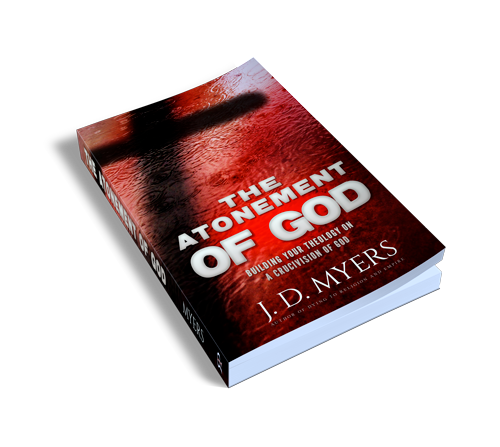
Though there appears to be blood all over the cover, the message of the book is that God does not demand or want blood, and Jesus did not die to appease a bloodthirsty God. In fact, the cross of Jesus reveals that God has never required blood to offer forgiveness of sins.
If you are curious how God can forgive sins and rescue us from death without demanding the bloody death of Jesus, you will want to read this book.
I have been reading, teaching, and writing A LOT these past several years on the violence of God in the Bible, and this book also provides the beginning place for understanding these violent, bloody texts in Scripture.
If you want to read a brief excerpt, Brad Jersak posted a bit of it on The Clarion Journal, his online theology blog. Click that link to go read it.
The book officially is released on March 21, so stay tuned for more information as we get closer!


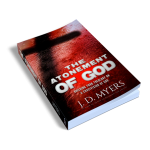
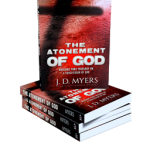
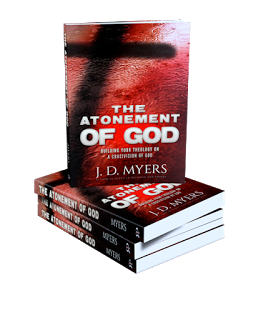


 This sort of makes God like Freddy Krueger, except that He carves up His own Son.
This sort of makes God like Freddy Krueger, except that He carves up His own Son. God has redeemed the crucifixion so that we now sing songs about it and listen to sermons about the horrible death of an innocent victim with smiles on our faces. But this doesn’t make the crucifixion “good.” It only reveals God’s ability to redeem anything and everything.
God has redeemed the crucifixion so that we now sing songs about it and listen to sermons about the horrible death of an innocent victim with smiles on our faces. But this doesn’t make the crucifixion “good.” It only reveals God’s ability to redeem anything and everything. 
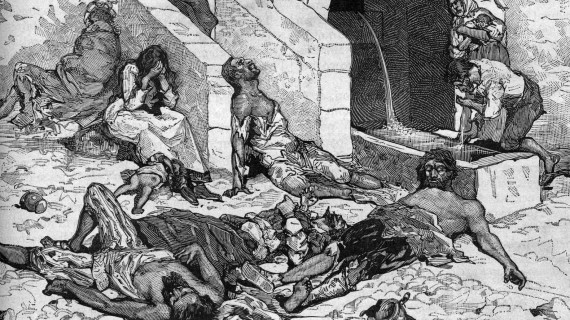
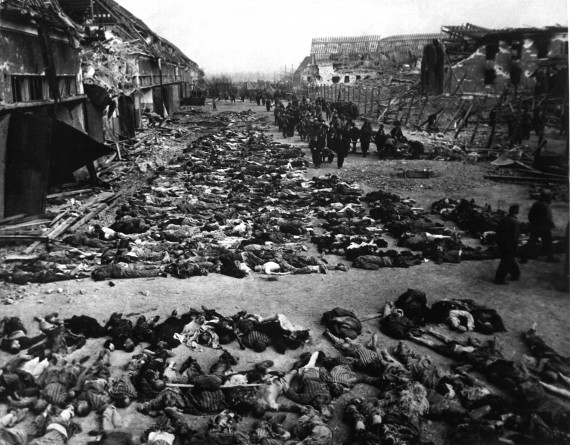
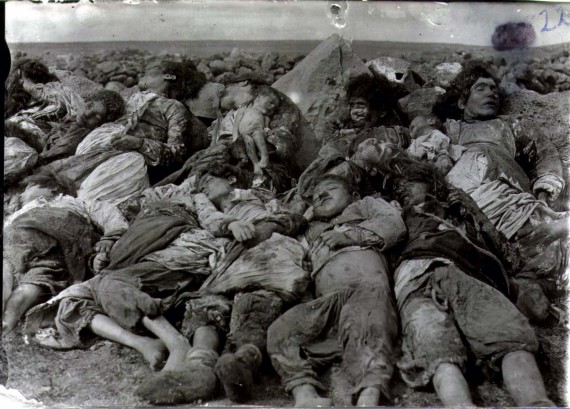
 This is not about the sanctity of God’s Word, but about the sanctity of God’s people … namely, ALL people.
This is not about the sanctity of God’s Word, but about the sanctity of God’s people … namely, ALL people.

 Furthermore, people say that God had to pour out His wrath against sin upon somebody (either us or Jesus) in order to satisfy his justice. Yet then we say that God did this out of His mercy.
Furthermore, people say that God had to pour out His wrath against sin upon somebody (either us or Jesus) in order to satisfy his justice. Yet then we say that God did this out of His mercy.  When the Pentateuch is understood in its entirety, it appears that the message of the Pentateuch is that God was never angry at people and never wanted sacrifices and offerings, but wanted instead a people for Himself who lived by faith in God and with justice and mercy before a watching world. See
When the Pentateuch is understood in its entirety, it appears that the message of the Pentateuch is that God was never angry at people and never wanted sacrifices and offerings, but wanted instead a people for Himself who lived by faith in God and with justice and mercy before a watching world. See 
